
Olga and Ruth become friends. Olga is independent, separated from her husband, living with an immigrant pianist, and teaching feminist literature. Ruth is withdrawn, a painter, possibly mentally ill. Ruth dreams in black and white, sometimes of her suicide. Olga lectures on a 19th-century writer, von Günderrode, a suicide after the breakup of her intense friendship with Bettina Brentano. Ruth's husband Franz encourages the women's friendship, then, as Olga draws Ruth out and the friendship deepens, he becomes jealous. After the women travel to Egypt, Franz has a tirade. Ruth seems crushed between her husband and her friend, and how she responds is the film's climax.

Leila
Nik, a released prisoner who started writing in prison, wants to leave his past behind him, but refuses to contact his former girlfriend and her family. Under the name of his jail buddy Henry, he moves in with his pen pal - who has never seen him - and is always watched suspiciously by their roommate. Nik began writing in prison and now seeks contact with the literary culture, even though he feels disgusted by the pompous fuss of this society. He is not without talent and works on a novel in which he minutely describes the abduction of an industrialist. Henry gets shot at the prison breakout and visits Nik to get help from him. He likes his novel plot and wants to put it into action.

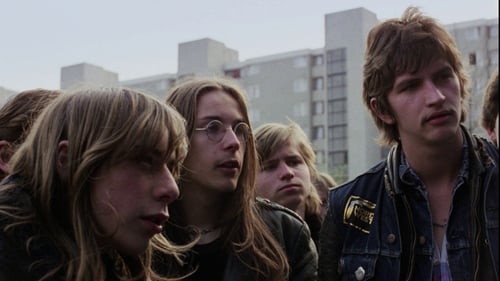
Schwester Angelika
Биогенетик Бертольд Хоффман, разыскивая жену, однажды ночью приходит в молодёжный центр, в котором она работает. Здание, где собираются радикалы, окружено полицией. Хоффман вбегает в помещение и ему простреливают голову. Позже он приходит в сознание с черепно-мозговой травмой, частично парализованный, неспособный говорить. Полиция обвиняет его в том, что он ранил ножом офицера, а радикалы объявляют его невинной жертвой полицейского беспредела. На протяжении медленного восстановления в больнице Хоффман должен по кусочкам собрать свою жизнь и попытаться вспомнить события той ночи.

In this movie, director Volker Koch wants to reveal "petty-bourgeois fixations of consciousness and late capitalist myths of happiness". The protagonists: an American hustler, a drama student, a Munich waitress and her boyfriend who hope for money, a career and luck from a trip to Rome together.

Collage of dramatic scenes, some exaggerated to comic effect, with asynchronous sound from well known classic, operatic, and rock and roll music – with different approaches to love, suffering, and death.

Frieda
В 20-х годах в маленький немецкий городок приезжают военные строители. Солдаты (которых жители города называют «пионеры») скучают и пьют. Женщины ищут их любви…
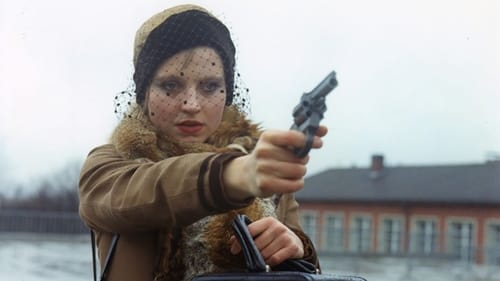
Ханна считает себя эмансипированной женщиной, но вместе с тем мечтает о браке и семье. Ее жених, Майкл, еще не созрел для семейной жизни и мечтает об экспедиции в Перу. Объединив усилия с другом Гунтером, они находят финансирование поездке, но Ханна готова даже на убийство, чтобы не отпустить любимого. В конце концов, она признает поражение, и Майкл уезжает навстречу приключениям.

This surrealistic experimental film finds the son of a young nobleman staying with hash-smoking hippies in a seamy section of Munich. He falls for a hippie girl who is involved in shaking down the young man's parents for money. She falls in love with the young man but the group continues to extract money from the parents in return for their wayward son. When he discovers the shakedown, his rage leads to tragedy for the star-crossed lovers.
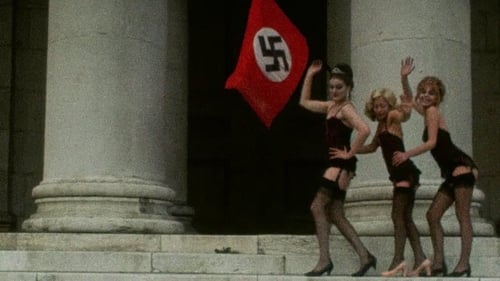
Carla
Schroeter’s film is a chronicle of Germany from the Nazi era until the economic boom of the 1950s and 1960s, centering on three women who search for a career as singers and dancers.
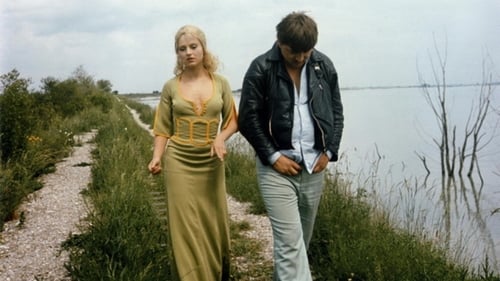
Черный Монах в кожаной куртке задается вопросом, может ли маленькая группа людей сделать пролетарскую революцию. Он вспоминает, как один средневековый пастух поднял восстание против церкви и землевладельцев, сообщив людям, что Дева Мария в видениях просит его об этом. Черный Монах делает вывод, что его революция будет иметь больший успех, если он переоденет свою подругу Джоанну Девой Марией.

Agent Laura
Documentary drama about the Swiss journalist Otto Pünter, who maintained an anti-fascist information office in the 1930s and 1940s.
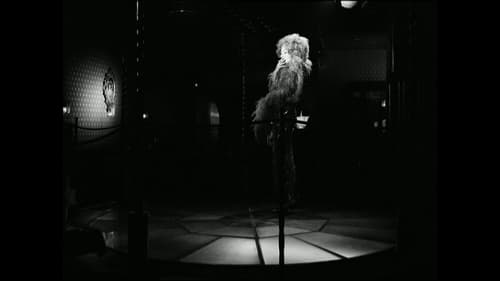
Carla
Выйдя из тюрьмы, главный герой Франц отправляется искать тех, кого он знал по прежней жизни. Но мирной жизни не получается. Когда кто-то убивает его брата, первый, кого начинает искать полиция — это Франц.
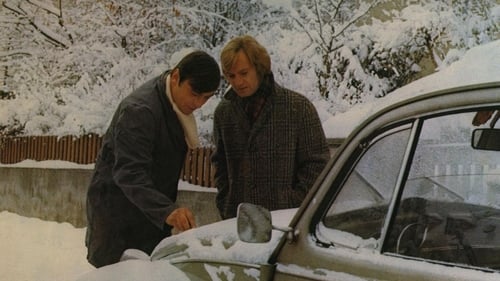
Schallplattenverkäuferin (as Carla Aulaulu)
Скромный служитель офиса, жена — хранительница очага, единственный сын, добродушная соседка — все как у всех. Что же в такой обстановке может заставить человека пойти на самые крайние меры? Неужели эта идиллия довела его до последней черты?
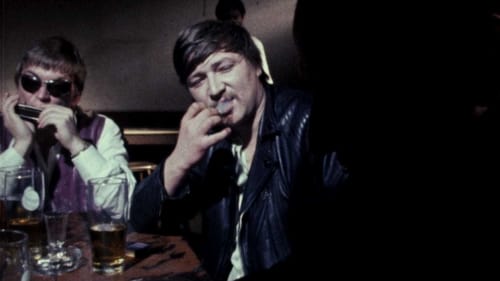
Junges Weib
Volker Schlöndorff transposes Bertolt Brecht’s late-expressionist work to latter-day 1969. Poet and anarchist Baal lives in an attic and reads his poems to cab drivers. At first feted and later rejected by bourgeois society, Baal roams through forests and along motorways, greedy for schnapps, cigarettes, women and men: ‘You have to let out the beast, let him out into the sunlight.’ After impregnating a young actress he soon comes to regard her as a millstone round his neck. He stabs a friend to death and dies alone. ‘You are useless, mangy and wild, you beast, you crawl through the lowest boughs of the tree.’

Feminist short film set in West Berlin.

Short film about queer left-wing people in West Berlin.

Werner Schroeter's stunning split-screen short deals with what the director called "archaic, fundamental themes" of love and mourning.

In a dark and spare theatrical space, four characters use gesture, language, and movement to explore themes of desire and mortality.

Carla is a different form of homage, in which Carla Aulaulu sings a song by Gitta Linds.

Directional debut by Germany's most famous queer filmmaker.














